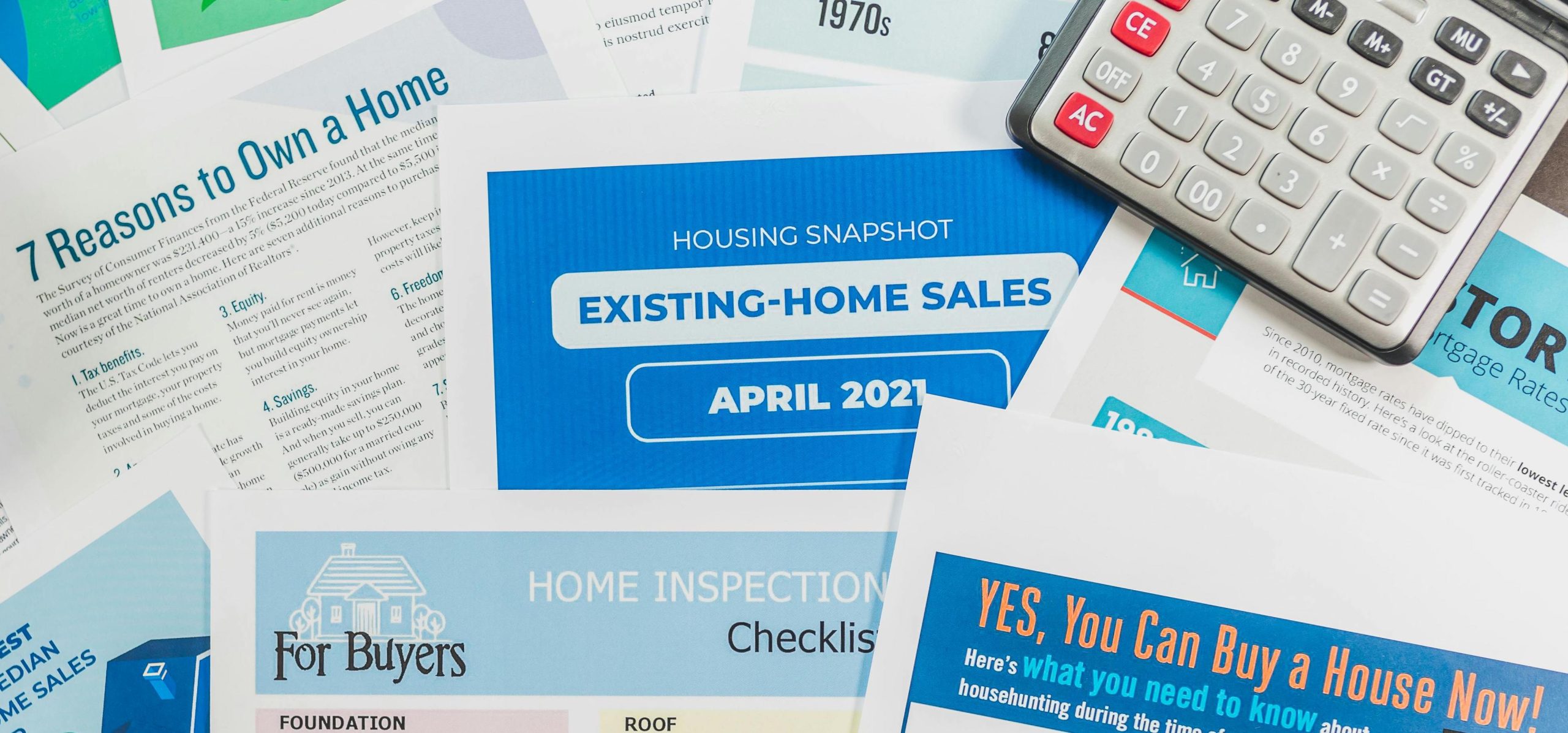-
Definition: Mortgages that exceed the conforming loan limits set by the Federal Housing Finance Agency (FHFA) (e.g., $766,550 in most U.S. areas in 2025, higher in high-cost regions).
-
Key Features:
-
Used for expensive properties.
-
Stricter credit, income, and down payment requirements (often 10%-20% down).
-
Can be fixed or adjustable-rate.
-
-
Advantages:
-
Allows financing for luxury homes or properties in high-cost markets.
-
-
Disadvantages:
-
Higher interest rates and larger down payments.
-
Harder to qualify due to stringent standards.
-
-
Best For: High-income buyers purchasing expensive homes.
-
Definition: A loan where the borrower pays only the interest for an initial period, after which payments increase to include principal.
-
Key Features:
-
Lower initial payments during the interest-only period (e.g., 5-10 years).
-
After the period ends, payments rise significantly as principal repayment begins.
-
Often structured as an ARM.
-
-
Advantages:
-
Lower early payments can free up cash flow.
-
Useful for short-term ownership or investment properties.
-
-
Disadvantages:
-
No equity buildup during the interest-only phase.
-
Sharp payment increases later.
-
-
Best For: Investors or buyers with irregular income expecting a future financial boost
Balloon Mortgage
-
Definition: A loan with low monthly payments for a short term (e.g., 5-7 years), followed by a large “balloon” payment to pay off the remaining balance.
-
Key Features:
-
Fixed or adjustable rates.
-
Requires refinancing or selling the home to cover the balloon payment.
-
-
Advantages:
-
Low payments during the term.
-
Can work for short-term homeowners.
-
-
Disadvantages:
-
Risk of inability to refinance or sell when the balloon payment is due.
-
High final payment.
-
-
Best For: Borrowers planning to move or refinance before the balloon payment.
Reverse Mortgage
-
Definition: A loan for homeowners (typically 62+) that allows them to convert home equity into cash without selling the home.
-
Key Features:
-
No monthly mortgage payments; the loan is repaid when the homeowner sells, moves out, or passes away.
-
Loan amount based on age, home value, and equity.
-
Interest accrues over time, reducing equity.
-
-
Advantages:
-
Provides income for retirees.
-
Allows staying in the home.
-
-
Disadvantages:
-
High fees and interest costs.
-
Reduces inheritance for heirs.
-
-
Best For: Seniors needing supplemental income in retirement.


 Facebook
Facebook
 X
X
 Pinterest
Pinterest
 Copy Link
Copy Link
